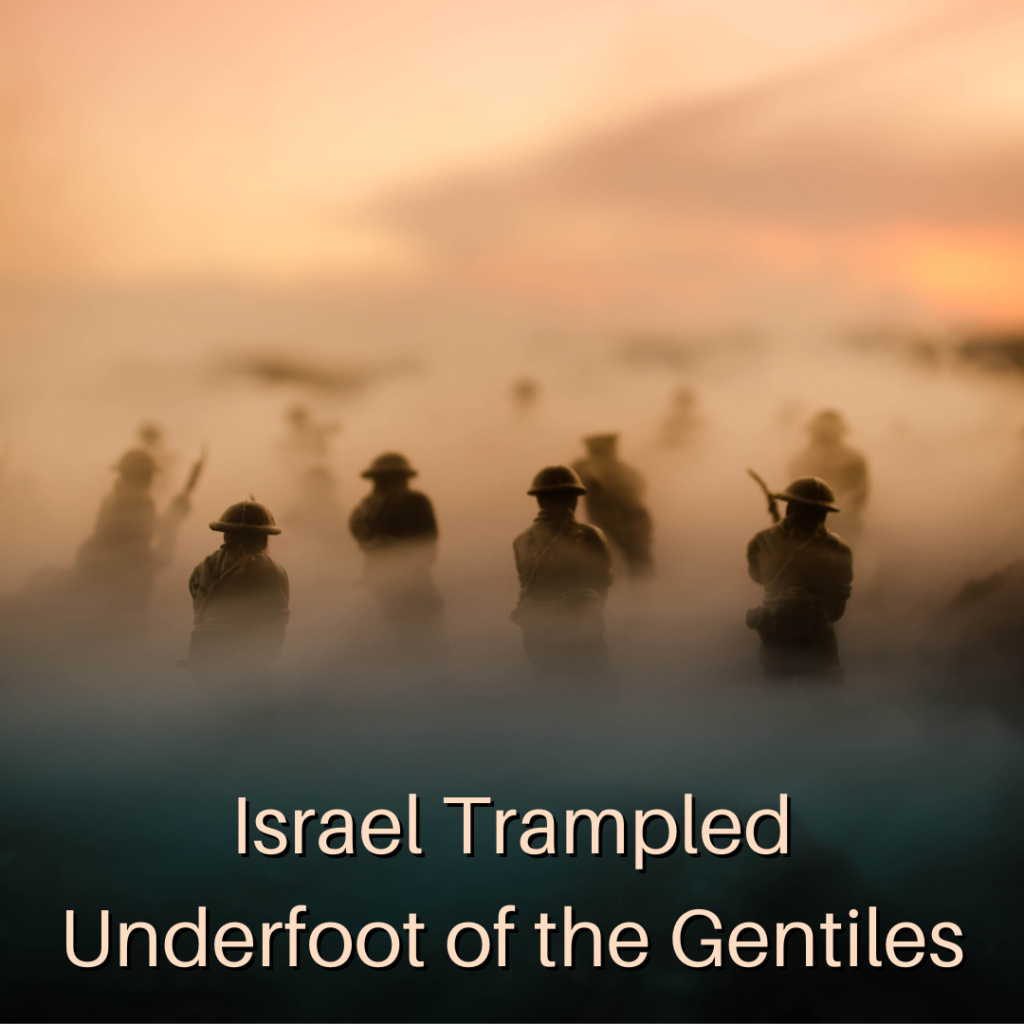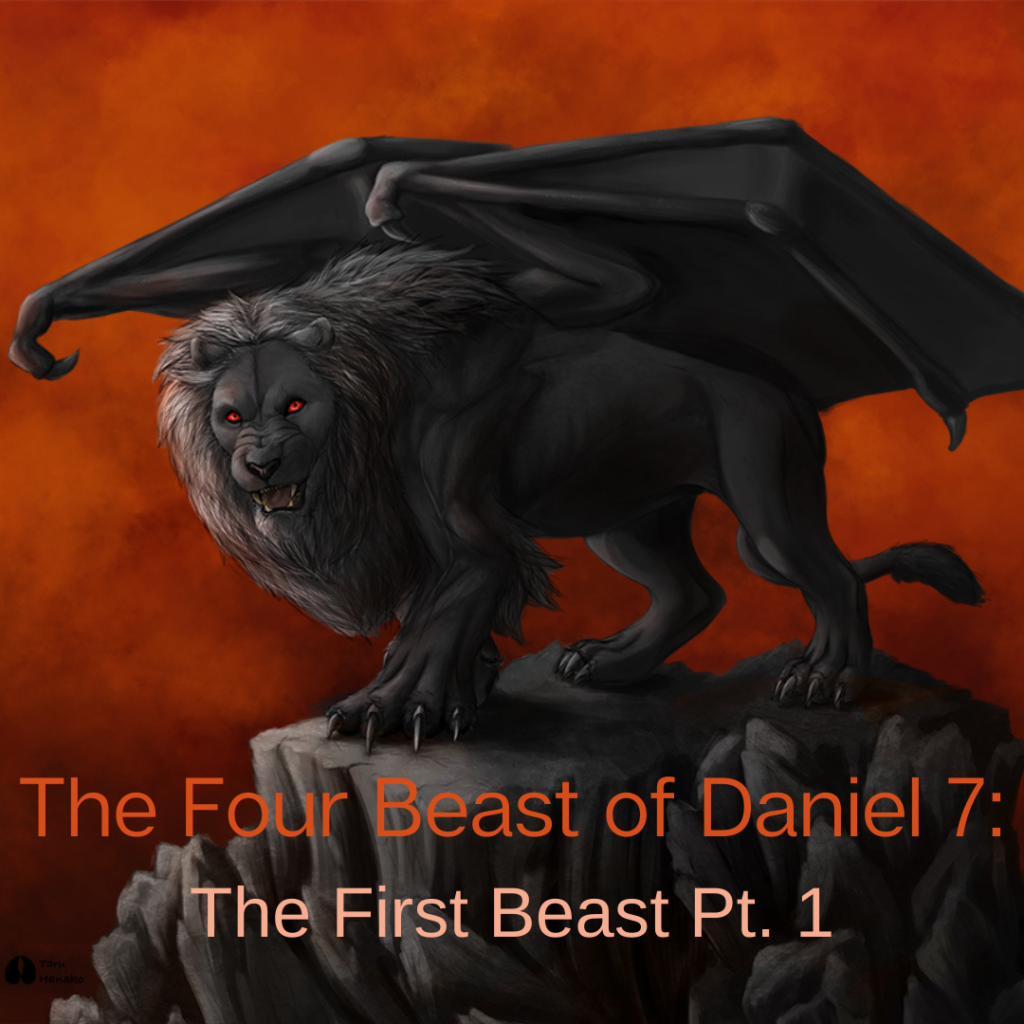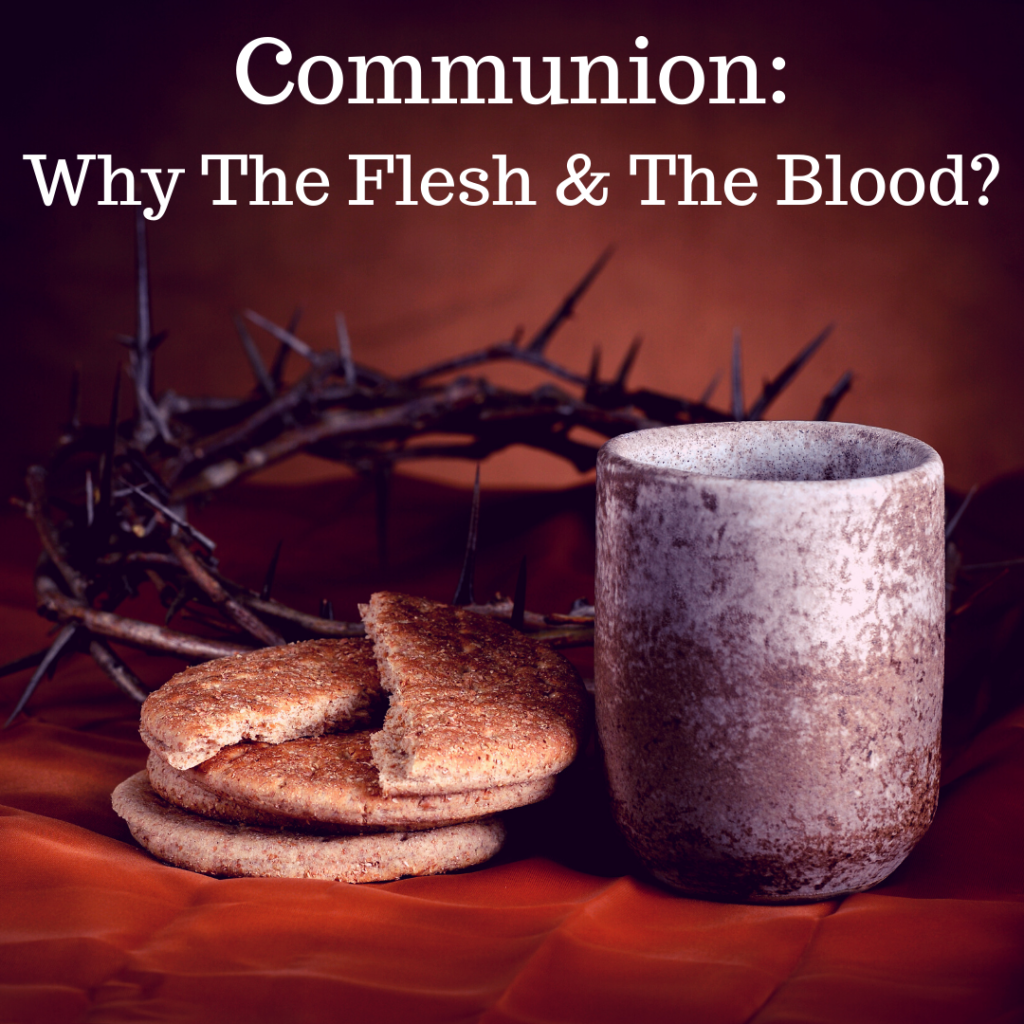Jesus gives us several key events to keep an eye on so that we are not surprised by His second coming. One of them was when the fig tree begins to blossom again. But what is so important about a fig tree blossoming? What does the fig tree symbolize in the Bible? Join Reverend Kenny Yates as he searches through Scripture to find the true meaning behind this key End Time event in his video, The Lesson of the Fig Tree.
John 15:1
Mark 11:12–14
Matthew 24:32–33
Romans 11:7–11
Mark 11:20–21
Matthew 24:32
Proverbs 10:5
Jeremiah 40:10
Jeremiah 8:20
Song of Solomon 2:10–13
The Lesson of The Fig Tree
The Key End Time Event
32 From the fig tree learn its lesson: as soon as its branch becomes tender and puts out its leaves, you know that summer is near. 33 So also, when you see all these things, you know that he is near, at the very gates. 34 Truly, I say to you, this generation will not pass away until all these things take place. 35 Heaven and earth will pass away, but my words will not pass away.
Matthew 24:32-35
28 From the fig tree learn its lesson: as soon as its branch becomes tender and puts out its leaves, you know that summer is near. 29 So also, when you see these things taking place, you know that he is near, at the very gates. 30 Truly, I say to you, this generation will not pass away until all these things take place. 31 Heaven and earth will pass away, but my words will not pass away.
Mark 13:28-31
Jesus states that when the fig tree begins to blossom again, we know that summer is on its way. Summer always represents the Harvest. The full lesson of the fig tree is rooted in what the fig tree symbolizes in the Bible.










